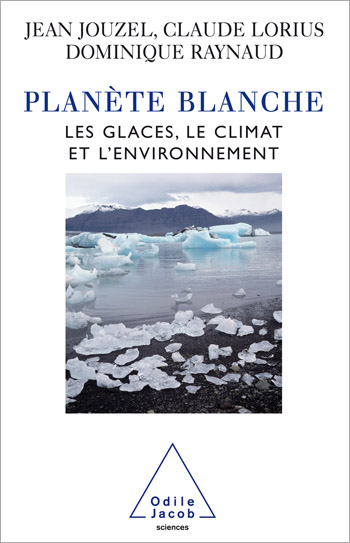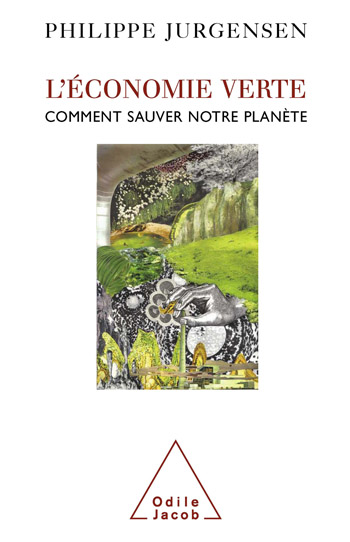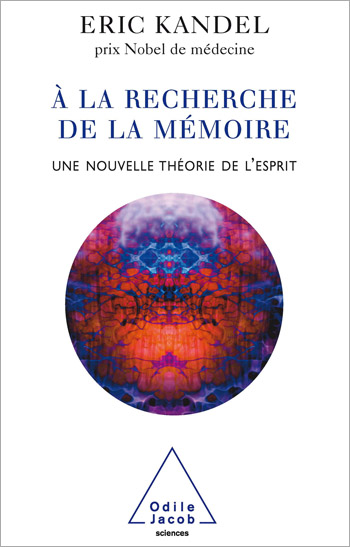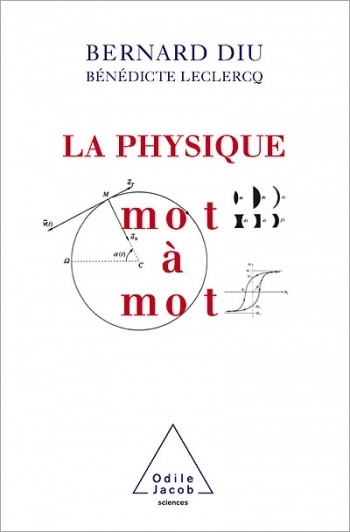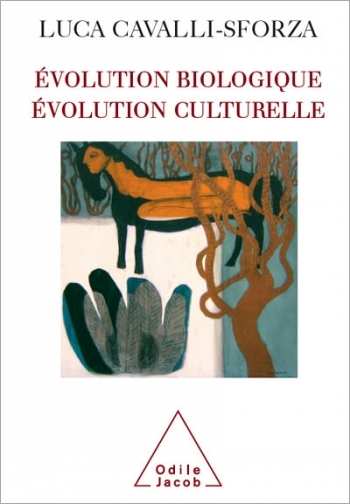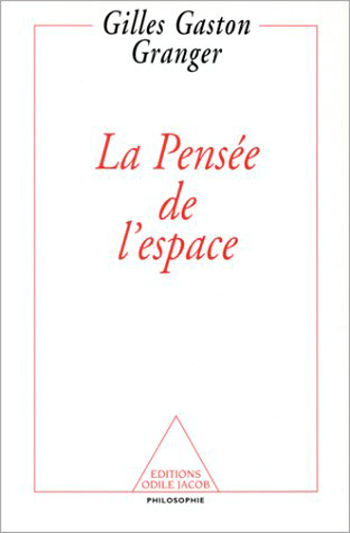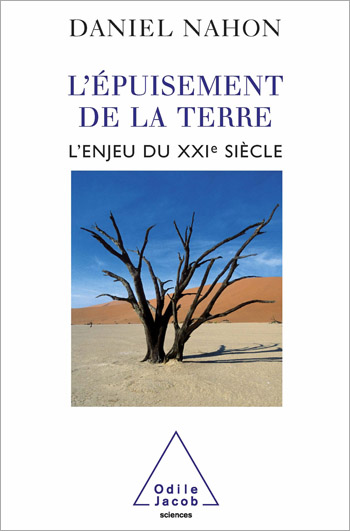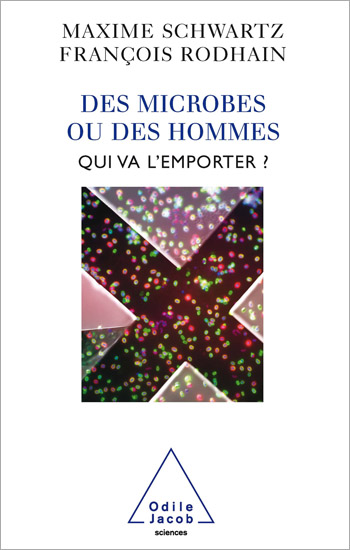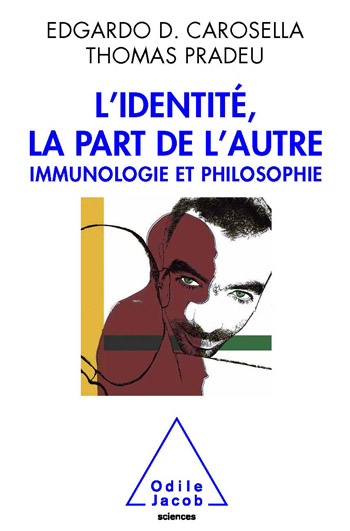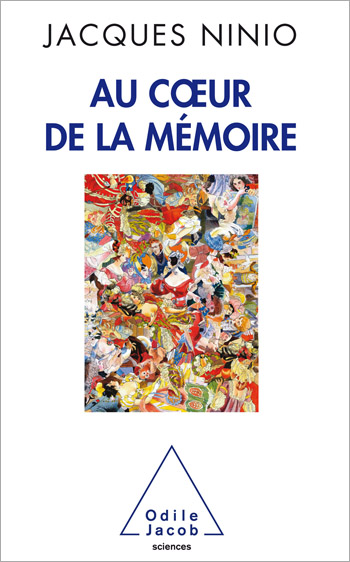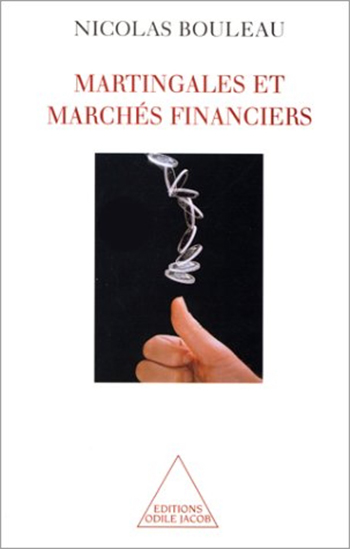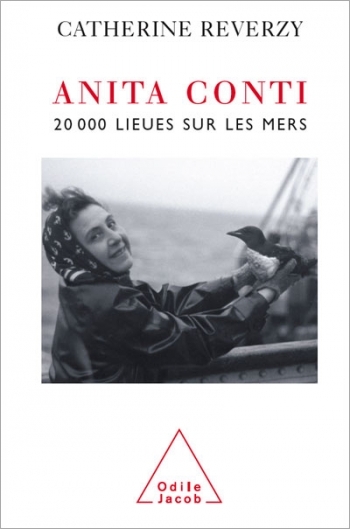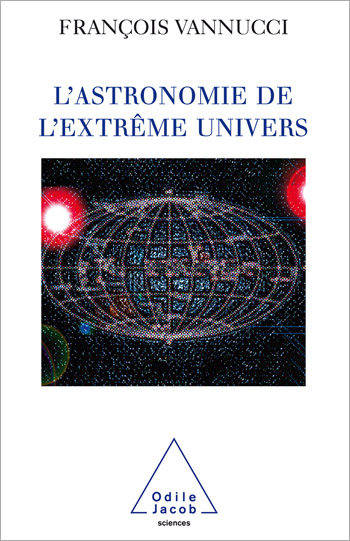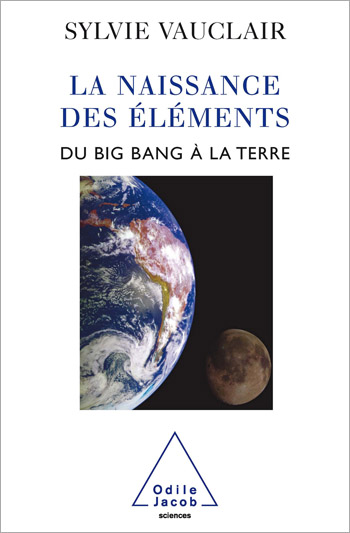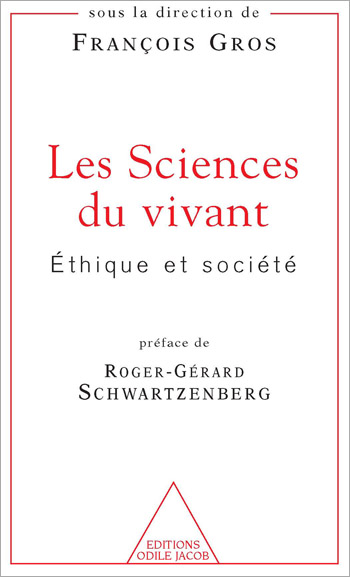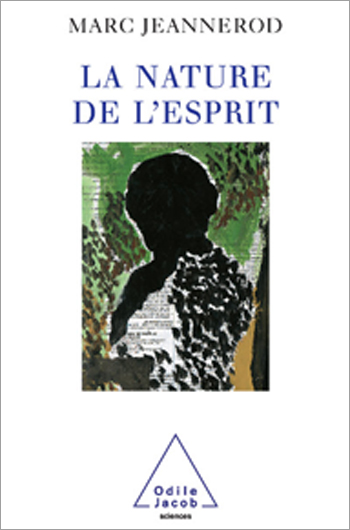Science All books
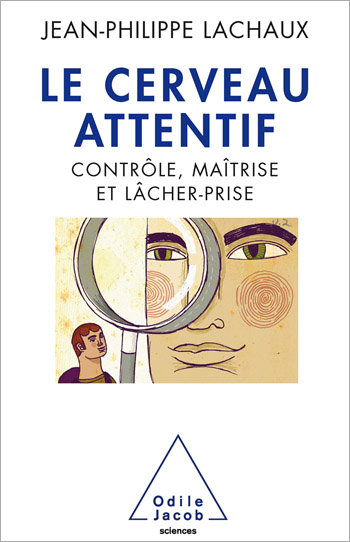
Jean-Philippe Lachaux
The Attentive Brain Improving Concentration With the Neurosciences
Why study attention? Focused attention is rare and precious...
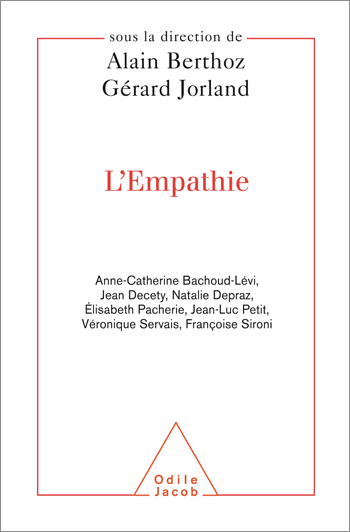
Alain Berthoz, Gérard Jorland
The Empathie
Empathy is the ability to put oneself in the position of others, and thus to understand and know them. Ever since Darwin, empathy has been regarded as the basis of all human social behaviour, and most notably of ethics. Some major psychological disorders - autism, for example - can be described as the inability to empathise. Certain types of perverse behaviour, such as the torture of defenceless victims, have been explained as distortions of empathy. This book offers an overview of studies on empathy for the past 250 years. It also describes the latest research on the subject in a variety of fields: cognitive psychology, philosophy, ethology and ethics. Alain Berthoz is a professor at the Collège de France and a member of the French Academy of Sciences. He is the author of Le Sens du mouvement and La Décison, both published by Editions Odile Jacob. Gérard Jorland is a director of studies at the Ecole des Hautes Etudes en Sciences Sociales and the author of Les Paradoxes du capital (Editions Odile Jacob) and La Science dans la philosophie.
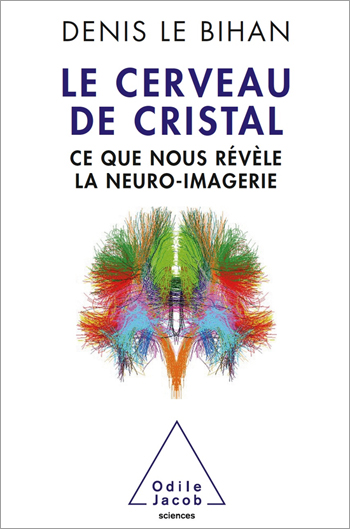
Denis Le Bihan
The Crystal Brain The New Science of Neuroimaging
The latest findings about the brain, as revealed by the new science of neuroimaging
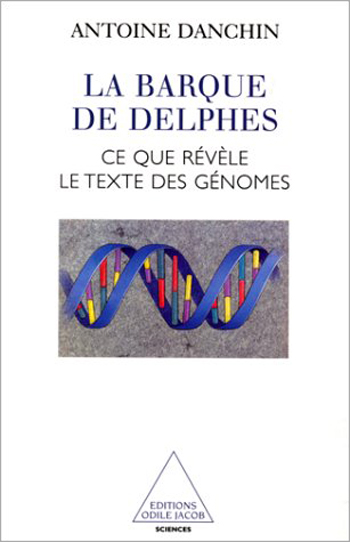
Antoine Danchin
The Delphic Boat What Genomes Tell Us
What is it that constitutes the unity and identity of a living creature ? This is the fundmental question of biology. The recent sequencing techniques provide a completely new response to this question, notably thanks to the knowledge of whole genomes. Antoine Danchin establishes a clear picture of this important biological discovery. He shows in particular that, just like the boat of Delphi, life is beyond prediction, and at the same time has an infinite capacity to create the unexpected. Antoine Danchin is the director of the Department of Biochemistry and Molecular Genetics at the Institut Pasteur.
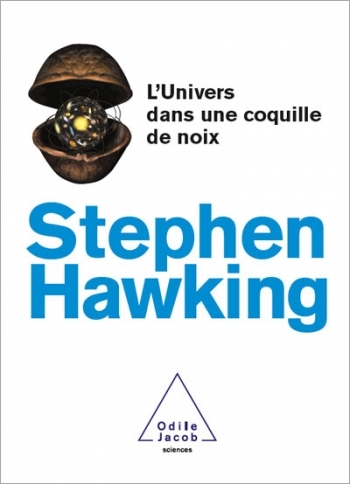
Stephen Hawking
The Universe in a Nutshell
This work is illustrated and allows non-mathematicians to better understand the strange world of physicists...
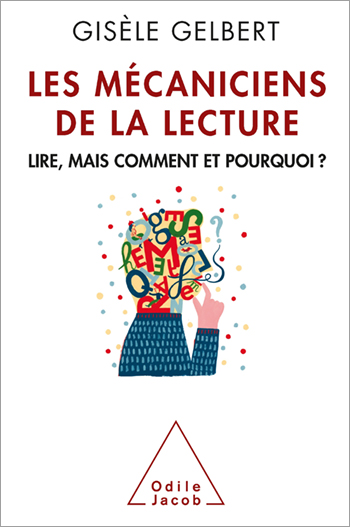
Gisèle Gelbert
The Mechanics of Reading Skills Learning to read, but how and why?
A therapeutic approach to language disorders has been shown to work.
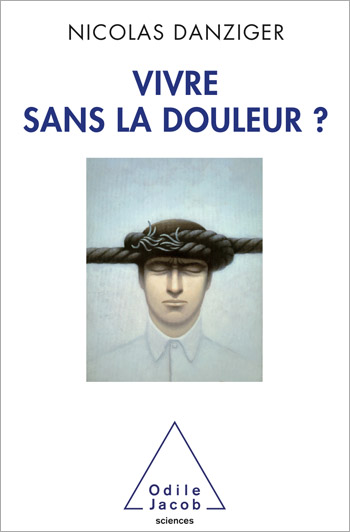
Nicolas Danziger
Life Without Pain?
An intellectual and affective journey, paved with unique stories and experiences, and their often amazing outcomes
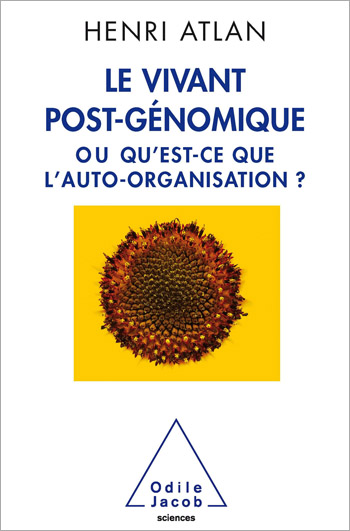
Henri Atlan
Postgenomic Life, or What is Self-organisation?)
We spontaneously associate the idea of organisation with that of human production: the fruit of artistic endeavour or rational planning...
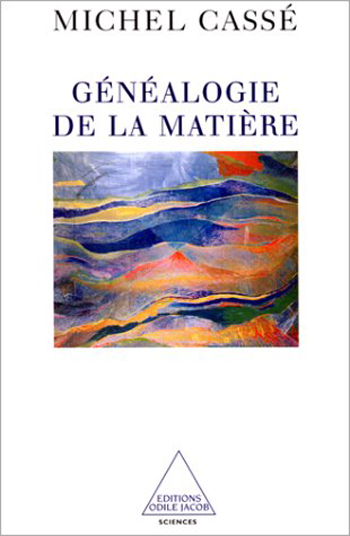
Michel Cassé
The Genealogy of Matter
Atoms originate in the stars. There is no real separation between the Earth and the sky, and matter forms one great whole, based on a series of nuclear reactions. Written in a lyrical, poetic style, this is a concise, clearly illustrated account of the birth of matter, aimed at the general reader. Michel Cassé is an astrophysicist and researcher at the CEA and the Institut Astrophysique, in Paris. He is the author of Du Vide et de la Création and La Petite Etoile.
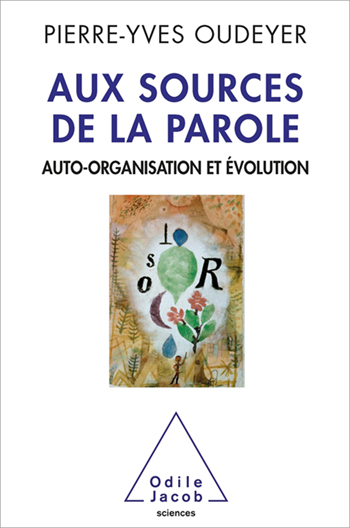
Pierre-Yves Oudeyer
Self-Organisation of Speech
The nature and evolution of language: the latest discoveries, at the crossroads of the neurosciences, linguistics and robotics
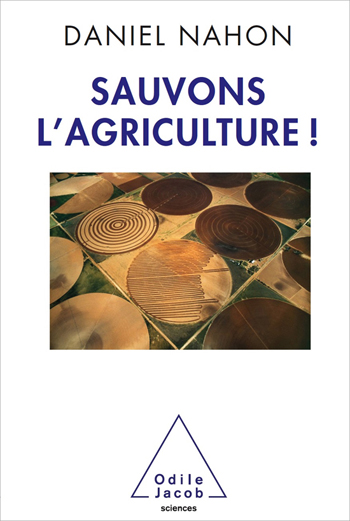
Daniel Nahon
How to Save Agriculture
Only a radical transformation of agriculture will enable us to feed all of humankind
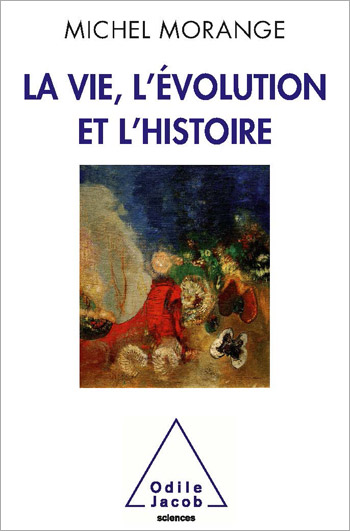
Michel Morange
Life, Evolution and History
In this unique general survey of contemporary research, Michel Morange reveals the recent convergence that is developing between two great segments of biology
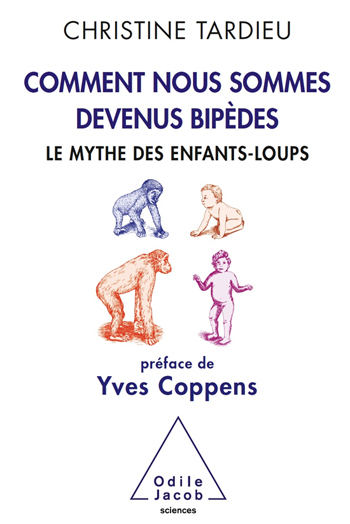
Christine Tardieu
How We Become Bipeds The Wolf-Child Myth
A history of how and why humans are the only mammals that permanently adopted bipedalism.
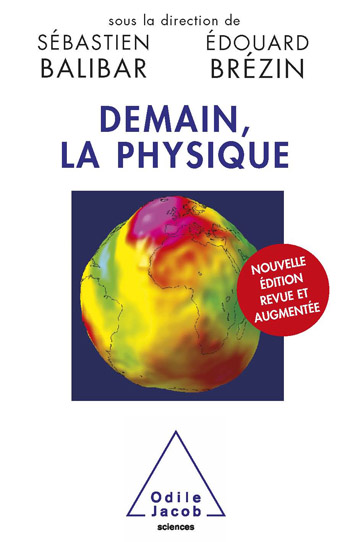
Édouard Brézin, Sébastien Balibar
Physics Tomorrow
The initiative of the Academy of Sciences, ten eminent French scientists share with us the extraordinary advances of contemporary physics.
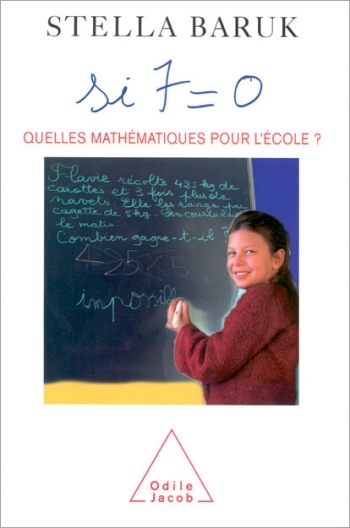
Stella Baruk
Si 7 = 0. Quelles mathématiques pour l'école ?
Stella Baruk is known for her uncompromising criticism of the way mathematics is taught at school. She sees children's frequent aversion to the subject as a clear demonstration of the failure of current methods. Following her earlier book, L'Age du Capitaine, in which she denounced the meaningless mathematical problems that children were burdened with and enjoined to solve, she now addresses the difficulties encountered by the new generation of the captain's children. She has reproduced pages from the exercise books of primary school pupils, with a commentary underlining the confusion created by modern maths in the minds of children who are not yet familiar with mathematics. Her message is clear: the fault lies not in modern maths, but in the fact that the cart has been put before the horse. Modern maths was created to generalise operations and structures that recur in every aspect of mathematics, and modern maths cannot be correctly understood without the full mastery of those operations and structures. Yet, the teaching of mathematics has been turned on its head, with the abstract being taught before the concrete and the general before the specific - with the result that empty formalism is all that is being passed on. Baruk's very precise analyses, illustrated with specific examples, will help parents understand their children's mistakes and difficulties, so that they can help them overcome them. Stella Baruk is a mathematics teacher and pedagogical researcher.
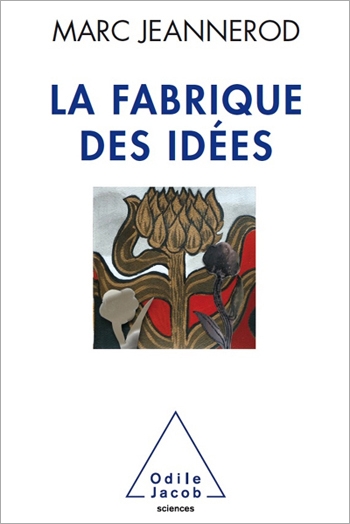
Marc Jeannerod
The Ideas Factory
A backward look over some fifty years offers sufficient distance to evaluate the coherence of a scientific process...

